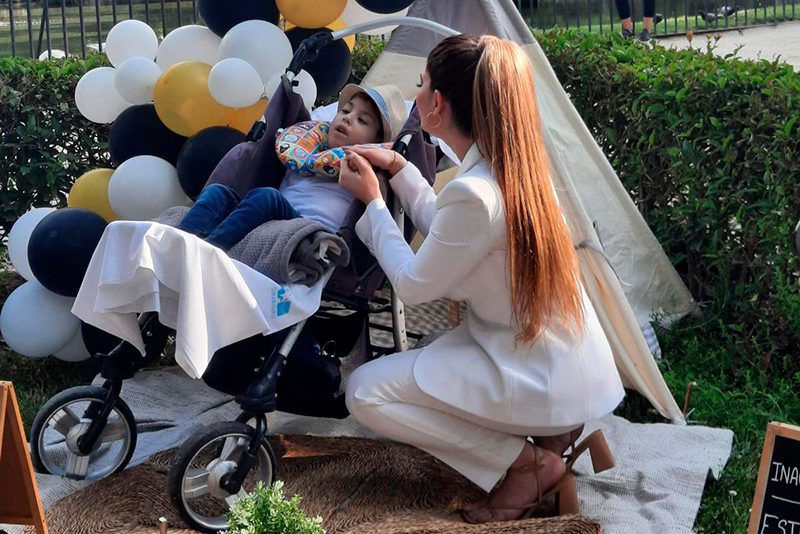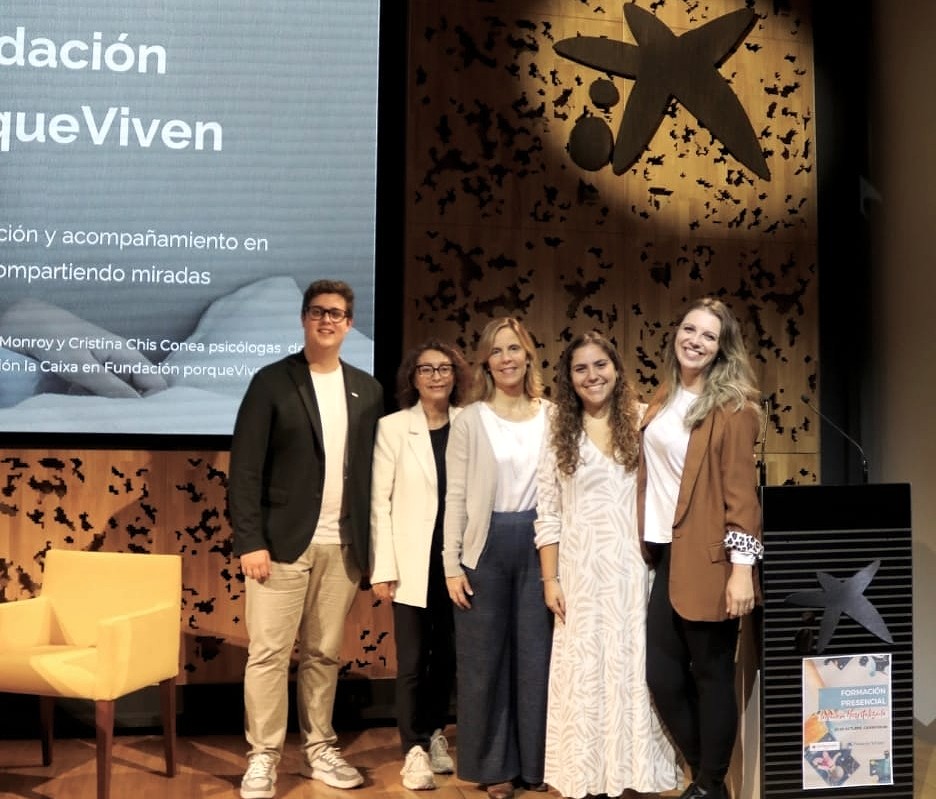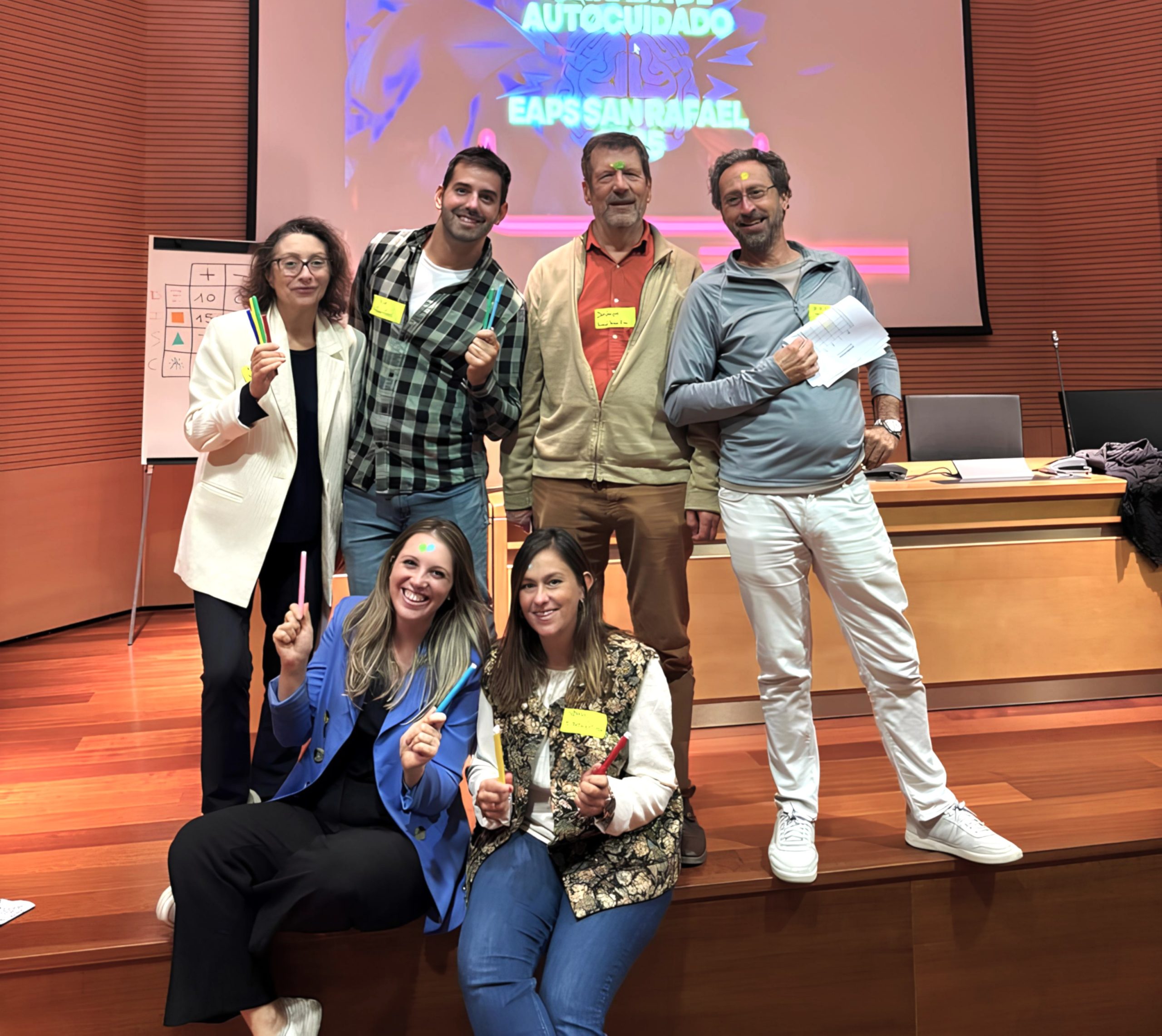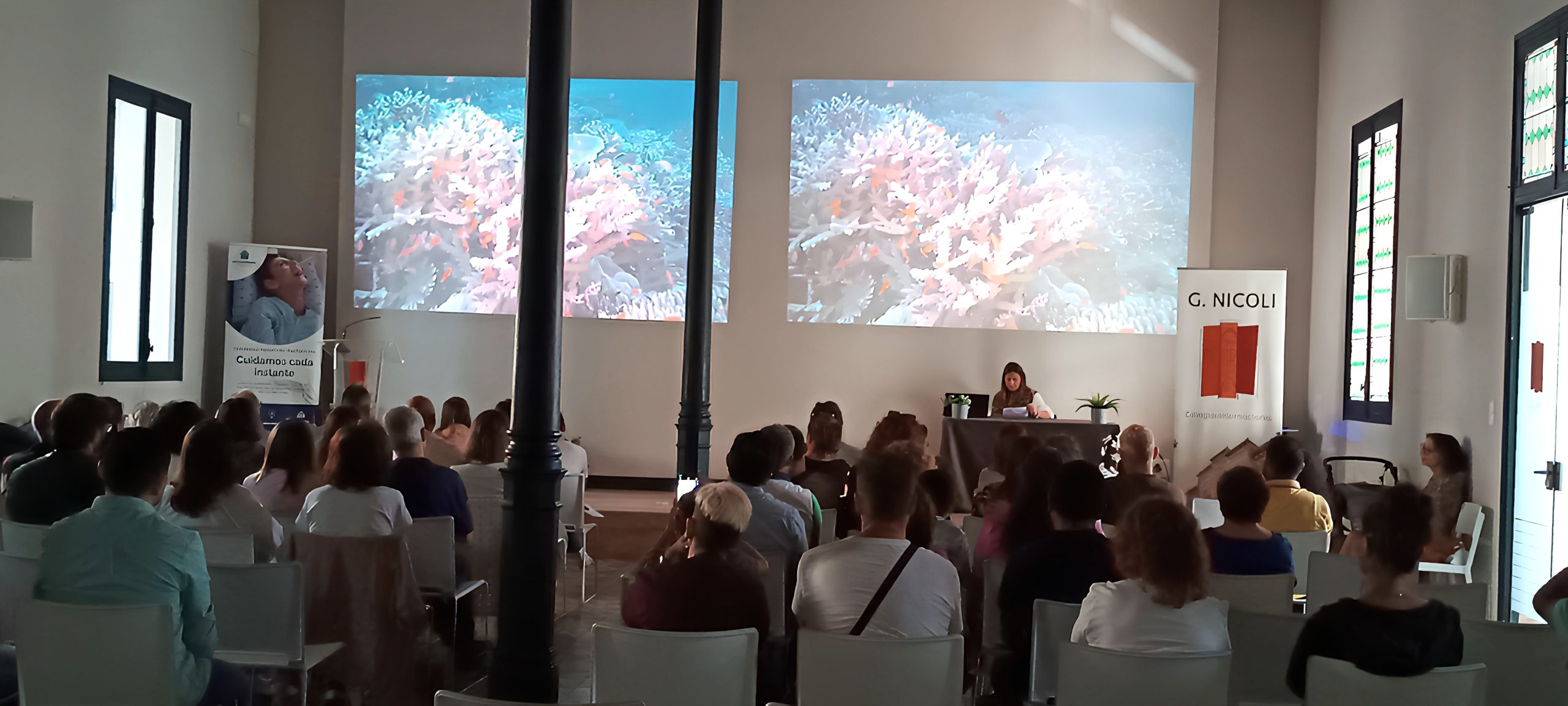A few weeks ago, the NGO World Central Kitchen lost 7 of its aid workers in the Gaza Strip. These workers risked their lives to try to prevent others from losing their lives. They brought food to the thousands of Gazans suffocated by the Israeli army who have made hunger the best ally of the bombs.
Working or collaborating with an NGO is not an easy task. We have the evidence in plain sight. Even when we are not talking about presence in armed conflicts, the third sector is a complex environment that requires, in addition to professionalism, a dose of empathy and extra commitment to face situations that are difficult to address.
Volunteering in figures
According to a report by the Spanish Volunteering Platform in our country there are approximately 4.5 million people over 14 years of age who practice active solidarity. In other words, 11% of the Spanish population participates in a volunteer program.
In general terms, we have witnessed in the last year a "feminization" of the solidarity task, since 57.9% of volunteers in Spain are women. And, more specifically, women between 45 and 54 years old, with a relationship of more than 5 years. The main areas of interest are social, educational and social health volunteering.
It is in this latter context that we focus on PORQUEVIVEN Foundation . An environment in which volunteers play a crucial role. They provide support, both to patients and their families, improving the care and quality of the service provided. The patient and family experience also improves substantially.
Volunteering in palliative care
Palliative care has been linked, since its origins, to the volunteer movements that emerged as a social and community response to the situations of suffering of people suffering from terminal illnesses.
In 1967, part of this movement led by social worker and nurse Cecily Saunder gave birth to the first modern Hospice, St Christopher Hospice in London, which had 54 beds and a home care service, where the role of volunteers was essential. Since then, they have grown together, understanding the important work at the family and community level that this profile carries out.
On the other hand, in the white paper on quality norms and palliative care standards of SECPAL, it defines these programs as:
"A palliative care volunteer program that offers support and affection to patients and their families in times of illness, pain, grief, and grief. The volunteer team is part of a comprehensive support network and works closely with other professional palliative care services. Voluntary palliative care groups are crucial as they contribute with emotional and psychosocial support to patients, family members and professionals. They also promote the maintenance and improvement of the quality of life of patients and caregivers. Support persists beyond the patient's death and continues into the grieving phase."
Pediatric Palliative Care Volunteer Programs
Volunteer programs in pediatric palliative care aim to offer support, accompaniment, respite time for the child and their family, as well as maintain leisure activities until possible. We must bear in mind that continuous care of the child can cause a situation of physical and psychological overload in the caregivers.
The need for 24/7 care, the complexity of care or the impact of the disease at all levels (social, economic, work, etc.), are some of the factors that can motivate this overload.
For this reason, self-care and family respite formulas must be promoted that allow them to better manage time and expand their informal support network. In this sense, volunteers, in addition to providing spaces for listening and understanding, can help to alleviate the burden and support in small tasks.
However, participating in volunteer programs involves much more than having the willingness to help. Especially in the context of paediatric palliative care, training is essential to be able to provide the value that volunteering really provides.
Volunteer Program at PORQUEVIVEN
Ana Alcaide, head of the volunteer program of Fundación PORQUEVIVEN and member of the Comprehensive Care for People with Advanced Diseases (EAPS) programme, promoted by the "la Caixa" Foundation He says that "motivation and integration into the organization as a whole are critical aspects to strengthen the relationship between volunteers and the institution." And he is right. Feeling part of a group, a key piece in the gear of a system is crucial to carry out their work.
The functions of the volunteers are described individually to each volunteer, as well as the objectives to be achieved before starting their work. But, in general terms, some of the activities included in the volunteering program of Fundación PORQUEVIVEN are:
- Accompanying patients and families
- Encourage leisure/entertainment for patients and families
- Support families so that they can attend therapies, check-ups, activities, etc.
- Carry out small tasks, orders or procedures
- Accompany families after death if the families themselves wish
- Participate with the palliative care team in teaching and dissemination actions
- Others (non-healthcare activities, administrative or management tasks in the organisation itself, etc.)
In short, in the field of cooperation, volunteers play a fundamental role in the development of a more resilient and supportive society. Their dedication and altruism strengthen the social fabric and promote the values of cooperation and mutual aid.






